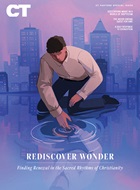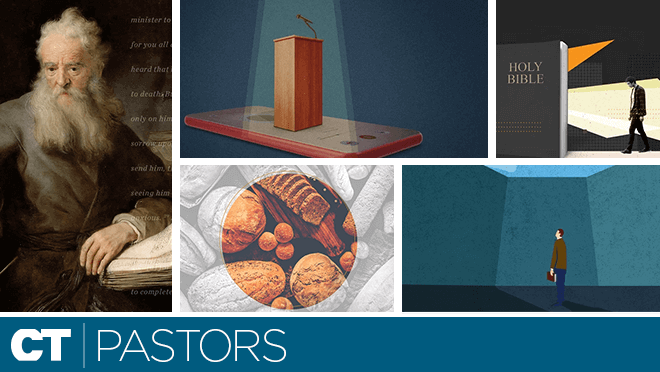In today's world, we are faced with more and more information that we need to process more rapidly, yet at the same time to process more selectively. Since we can read faster than most people can talk, nothing beats reading as a way of gaining information and understanding.
And unlike oral and visual communication, the written word gives us the ability to review the material over and over and to highlight particular parts.
Here are some tips to make your reading most effective.
With a book, look through the table of contents and the material on the dust jacket to try to understand what the author is trying to say.
Then scan the book. One way to do this is to read just the first and last paragraph of every chapter. This will let you know if the book is what you had hoped it was.
Assuming you can keep the material you are reading, develop some kind of marking system. It doesn't matter too much what it is, as long as it is consistent, and you remember it. Circle key words or ideas. Note in the ...
1
Support Our Work
Subscribe to CT for less than $4.25/month
























